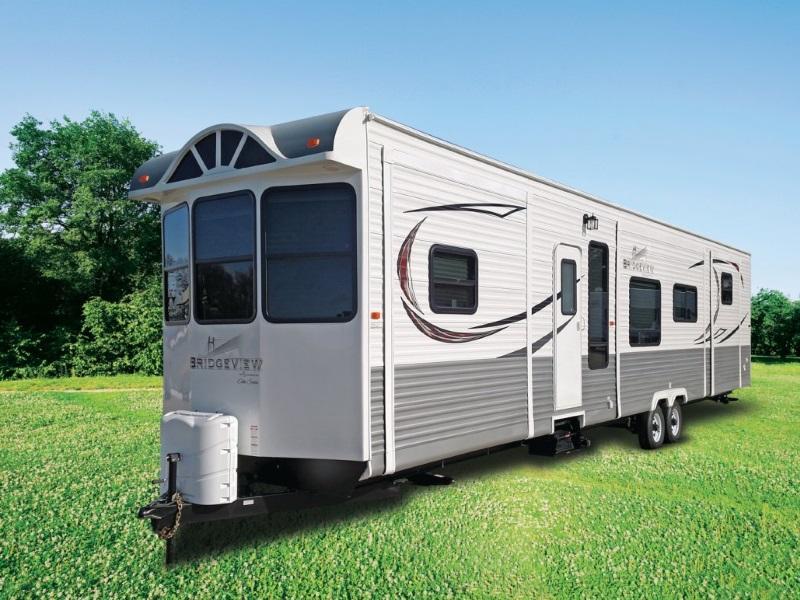When planning a trip, it’s easy to overlook additional expenses that can add up quickly, such as hotel incidentals. These unexpected costs can catch you off guard and blow your budget. To make the most of your travels, it’s crucial to understand what are hotel incidentals and how to manage them effectively. In this section, we’ll explore ways to manage your budget for travel accommodations by diving into the concept of hotel incidentals. We’ll define what they are, how they are charged, and provide tips on managing your budget for travel accommodations.
Whether you’re traveling for work or pleasure, staying in a hotel has its perks, but it can also come with some unexpected expenses. So, what are hotel incidentals? In short, they are additional charges that are not included in your room rate. Examples include room service, mini-bar charges, and parking fees. But don’t worry – in the following sections, we’ll cover all you need to know about managing these costs and ensuring they don’t take a toll on your travel budget. Let’s get started!
Managing your budget for travel accommodations is essential for a stress-free trip. By understanding what hotel incidentals are and how to manage them effectively, you can stay on top of your expenses and make the most out of your stay.
Keywords: hotel incidentals, managing your budget for travel accommodations, what are hotel incidentals
What Are Hotel Incidentals?
Contents
Hotel incidentals refer to additional expenses beyond your base room rate that you may incur during your stay. Understanding what expenses fall under this category is crucial in anticipating potential additional costs and managing your budget accordingly.
Common examples of hotel incidentals include room service, mini-bar charges, parking fees, and additional amenities such as spa treatments or gym access. These expenses can add up quickly, so it’s essential to keep track of them to avoid any unexpected surprises on your hotel bill.
Room Service
Room service is a popular add-on for hotel guests who prefer the convenience of dining in their room instead of venturing out to a restaurant. However, this convenience often comes at an additional cost, which can include a service charge, delivery fee, and gratuity. Be sure to check the menu and prices before ordering room service to avoid any unexpected charges.
Mini-bar Charges
Mini-bars are a tempting option for guests, offering a range of snacks and beverages for consumption in the comfort of their room. However, the prices of these mini-bar items can sometimes be significantly higher than their retail price. Before indulging in any mini-bar snacks, it’s important to check the prices and determine whether they fit within your budget.
Parking Fees
If you’re planning on driving to your hotel, it’s important to consider parking fees. Many hotels charge a daily rate for parking, which can vary depending on the location and type of parking available.
Overall, keeping these hotel incidentals in mind can help you plan and budget more effectively for your stay. By understanding what expenses fall under this category, you can avoid any unexpected charges and enjoy your hotel stay stress-free.
How Are Hotel Incidentals Charged and Refunded?
Hotel incidentals refer to additional charges that may be applied to your hotel bill during your stay. These charges can vary widely depending on the hotel and the services you use. Some common examples of hotel incidentals include room service, mini-bar charges, and parking fees.
When you check into a hotel, you will typically be asked to provide a credit card for incidentals. The hotel will then authorize your card for a certain amount, which can range from a few hundred dollars to several thousand dollars, depending on the hotel’s policy. This hold on your credit card will cover any potential incidental charges that may be incurred during your stay.
As you use hotel services that fall under the category of incidentals, charges will be applied to your room bill. For example, if you order room service or purchase items from the mini-bar, those charges will be added to your room bill as incidental charges.
If you do not incur any incidental charges during your stay, the hold on your credit card will be released when you check out of the hotel. However, if you do incur incidental charges, the hold on your credit card will be used to cover those charges. If the total amount of incidental charges is less than the initial hold, the difference will be released back to your credit card. If the total amount exceeds the initial hold, the excess amount will be charged to your card.
It is important to understand the policies and procedures surrounding hotel incidentals to avoid unexpected charges and ensure that you manage your expenses effectively during your stay.
Managing Your Budget for Travel Accommodations
Traveling can be an expensive undertaking, and are hotel incidentals refunded can quickly add up and exceed your budget. However, there are ways to manage your expenses and avoid overspending. By following these tips, you can effectively manage your travel budget and have a stress-free stay.
Estimate and Plan for Incidentals
Before booking your hotel reservation, research the average cost of incidentals for your destination. This will give you an idea of what to expect and allow you to plan accordingly. Consider setting aside a portion of your budget for incidentals, so you are prepared for unexpected expenses.
Take Advantage of Complimentary Amenities
Many hotels offer complimentary amenities, such as breakfast, gym access, and Wi-Fi. Take advantage of these offerings to reduce your expenses. This can free up your budget for other activities and experiences during your trip.
Minimize Unnecessary Charges
Avoid using the minibar and room service unless absolutely necessary. These services often come with a hefty price tag and can significantly impact your budget. Instead, bring your snacks and drinks, or explore local restaurants and cafes.
Review Your Bill
Before checking out of your hotel room, review your bill to ensure there are no mistaken charges. If you notice any discrepancies, bring them to the attention of the front desk staff immediately. By double-checking your bill, you can avoid overpaying for incidentals.
By implementing these budget management strategies, you can effectively manage your expenses during your hotel stay. This will allow you to have a more enjoyable and stress-free trip while saving money for other experiences.










